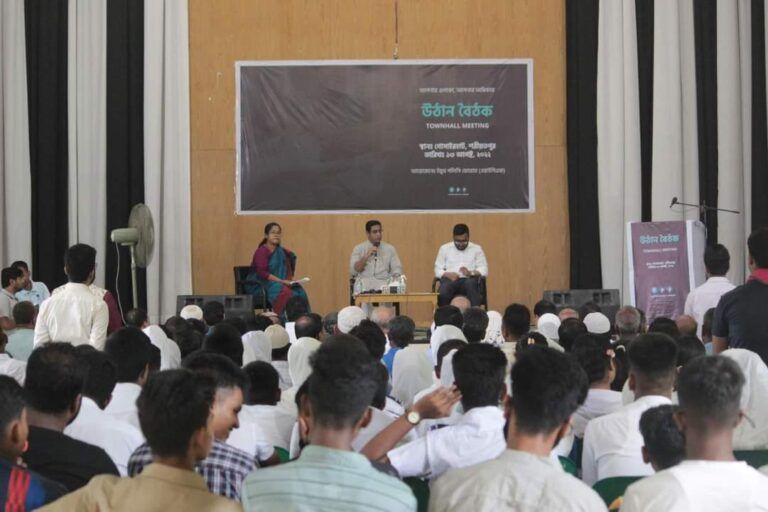[The Business Standard] Field Ready: Empowering locals to supply emergency response materials
This article was published by The Business Standard on June 16, 2023 [Source]
In a humanitarian emergency, a lion’s share of the expense goes to the logistics. Often, most of the items are imported, or manufactured by big companies.
As a result, the local economy of the affected community does not get a chance to benefit from the response programme, although a lot of money is spent on it.
The more localised the supply chain, the more it goes to the affected community.
Now, there is a two-pronged problem. Firstly, local, often informal, manufacturers lack the capability of fulfilling the complex conditions and paperworks required by the intervention programme; and secondly, the products they manufacture do not match the standards expected by the programme.
Field Ready, a not-for-profit organisation, is working to change the situation by enhancing the capacity of the local small and medium enterprises so they can make products that meet the standards requirements of the humanitarian agencies.
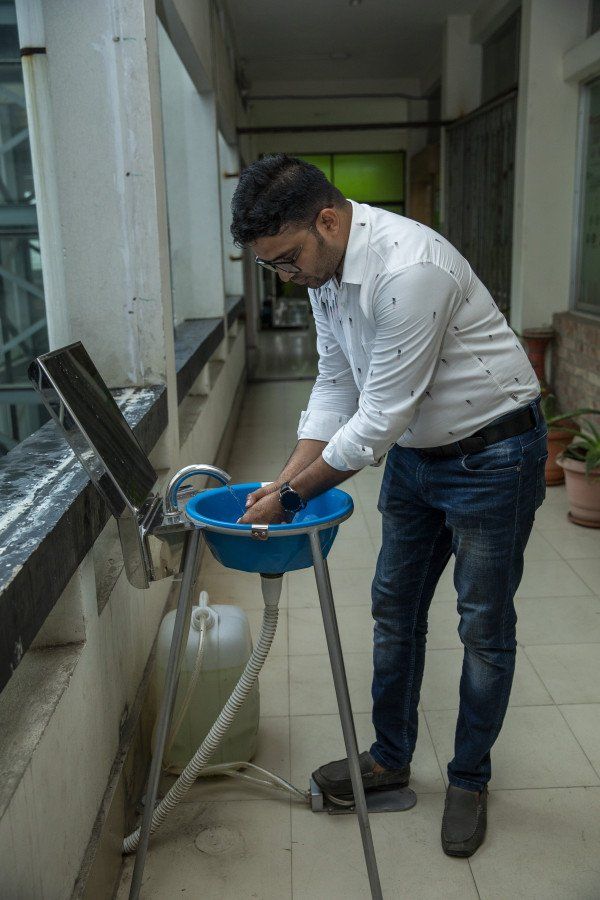
The organisation then connects these manufacturers to the development agencies so they have a local alternative, and they don’t have to purchase the product from abroad, or from just one big local manufacturer, avoiding the risk of a monopoly.
The organisation, where needed, also does what is called ‘spare and repair’: they take a 3D printer in a car, and if they see a device that requires repairing, they build that broken part right on the spot with the printer and fix the device.
Field Ready, a humanitarian organisation which is headquartered in the US, started around a decade ago. The organisation currently works in Syria, Iraq, Ukraine, South Pacific, Nepal and in a couple of other countries. Field Ready Bangladesh, however, was registered in Bangladesh two years ago.
The organisation operates in Cox’s Bazar and Dhaka. It is currently focused on the Rohingya response programme. During Covid-19, it distributed around one lakh locally made protective items.
“We have been working in the space of humanitarian innovation and we work on improving the localisation of supply chain and logistics in the humanitarian responses. Humanitarian response is often very ‘outside driven’, meaning that a lot of foreigners come into the country to set things up, they bring a lot of foreign network and foreign knowledge into the response. They assume that the local capacity doesn’t exist, or they are not capable of responding to a highly complex crisis situation,” Kuldeep Aryal, the innovation lead of Field Ready Bangladesh, told The Business Standard.
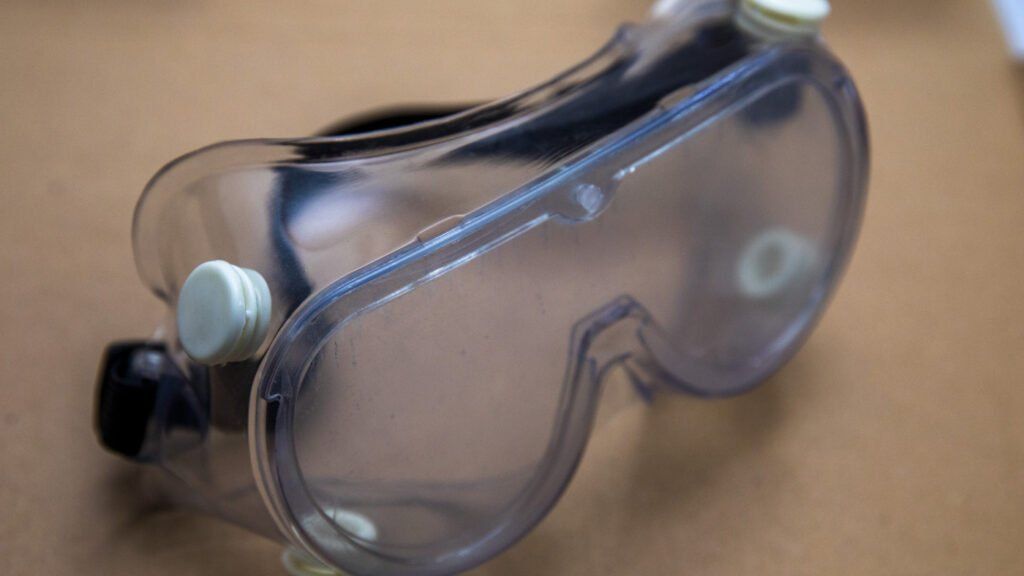
“Haiti, for example, imports 98% of its products. Entire humanitarian support it gets is imported. This leads to dependency. This does not help build the local economy. A lot of money comes in as humanitarian support, but the money coming in actually tends to go out. The situation was almost the same in Cox’s Bazar in an earlier stage. Now it’s better, but still a billion dollars comes in and most of it goes to Dhaka. There is little to go to the factories in Cox’s Bazar,” he set the context.
To exemplify how Field Ready works, Kuldeep mentioned the case of a plastic bucket used by an INGO. The bucket is designed for transport and storage of safe drinking water. It is stackable for easy transport, and has a handle, lid, and a tap.
The speciality of the bucket is, once the lid is attached, it can hardly be removed again, so the user cannot leave it open, and the water remains safe. There are some other cool features of the tough, durable UV treated plastic bucket as well, making it ideal for the intended purpose.
The bucket was made in 1994 and is used around the world. Now, there was only one place on earth where the bucket was manufactured, which was Pakistan.
The other aspect of this bucket is that after it is made, it goes to the warehouse in the Netherlands. Whenever it is needed, it goes to a secondary warehouse in Dubai and then it comes to India, and then to other South Asian destinations where it is needed.
“This complex level of supply chain for a simple item like this bucket is quite unnecessary. The production cost might be x, but the supply chain cost becomes 1.5x,” said Kuldeep.
This is where Field ready comes in: either they design and make a new bucket or, what they did in this particular case, they worked with that INGO to open source the bucket and made a mould of the bucket. They then transported the mould from one country to another where the bucket is made locally.
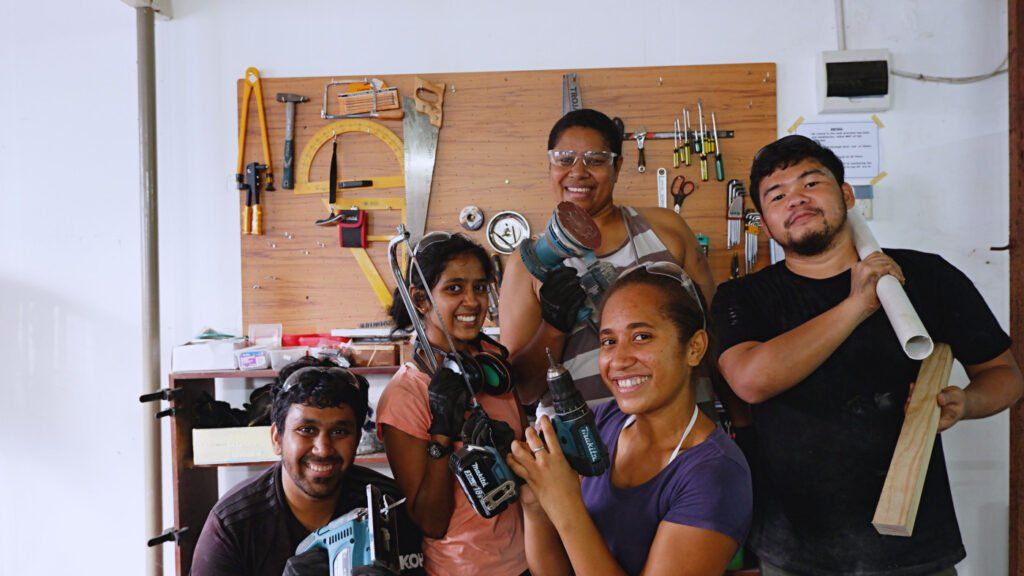
“So, the localisation of the supply chain is what we focus on. What we also do is make new products. We go to the field and talk to customers like refugees or survivors of a disaster and make products that they need. We have a team of engineers that make a lot of product designs, we open source it, and then we work with local manufacturers who would be able to make the products,” Kuldeep described the process.
Field Ready works with 20 to 25 local manufacturers in Bangladesh ‘at any given time’. They have mapped about 700 places of manufacturing, and that information is also made public so everyone can use them.
All the designs and technical documentations created by Field Ready are made open source, so nobody really owns anything that Field Ready makes and it makes sure that a product made in one country can be used in another, Kuldeep informed TBS.
The organisation is making 19 different products through its network of fab labs (fabrication laboratory) and local manufacturers. “We also train local communities to make things like soap and different items so they can directly give these items to the beneficiaries,” he added.
Kuldeep says they have partnerships with eight university fab labs and 25 makerspaces (a place in which people can gather to work on projects while sharing ideas, equipment, and knowledge) in different cities in the country. The local board has members from fab labs and makerspaces and local interventions are implemented through the board.
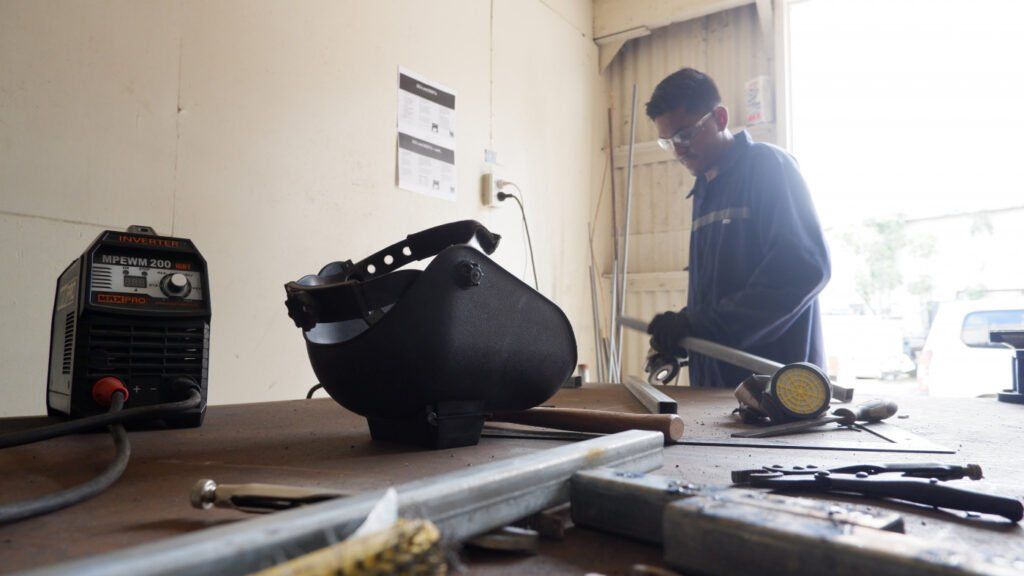
Each fab lab works as a hub with four or five SMEs. This is how local manufacturers are onboarded to the platform.
The organisation works with a number of international humanitarian agencies, notably, Norwegian Refugee Council (NRC), World Vision etc.
Field Ready has recently won the Accelerating Innovation for Resilience (AI4Resilience) Challenge organised by Global Knowledge Initiative (GKI). The innovation proposed at the AI4Resilience challenge was a ‘Make it Local’ initiative.
The organisation looks forward to scaling up the Make it Local platform in the future. It has a five-member team in Bangladesh, and globally, there are 70 people working in the organisation.
Ashraful Haque
16 June, 2023, 09:30 am


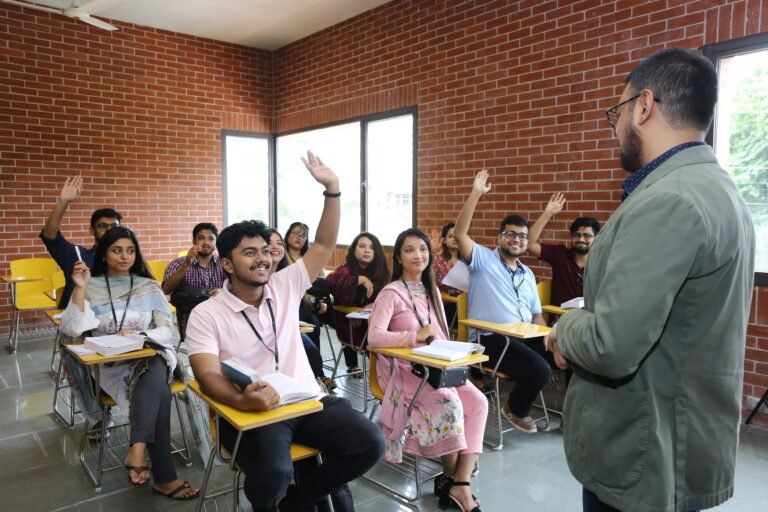
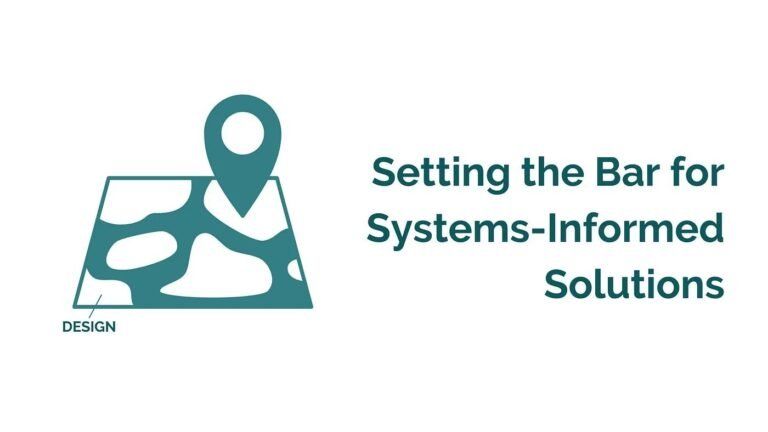
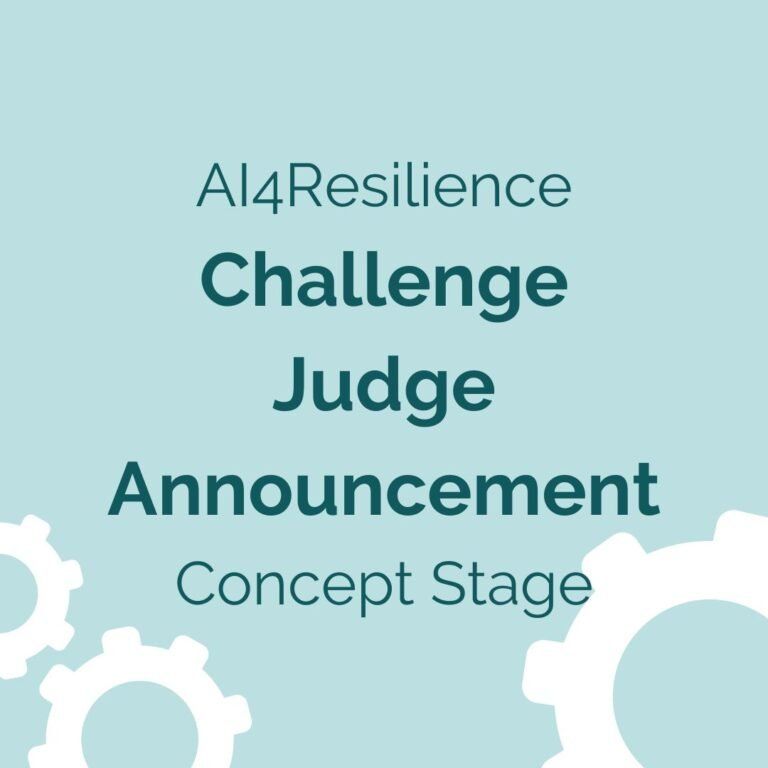

![[DhakaTribune] USAID opens applications for boosting innovation ecosystem in Bangladesh](https://globalknowledgeinitiative.org/wp-content/uploads/2022/08/bigstock-student-using-laptop-in-librar-4317979011-768x512.jpeg)
